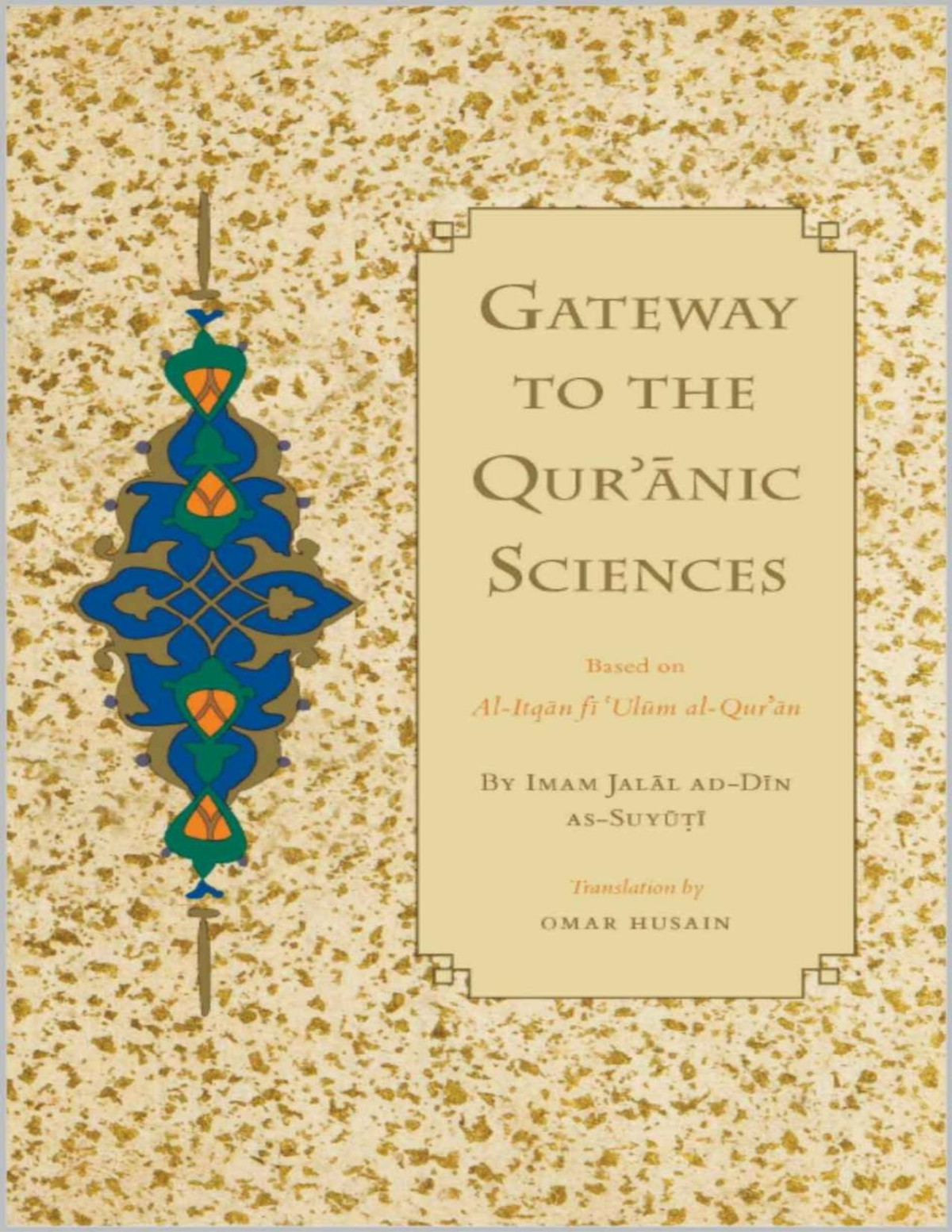

Most ebook files are in PDF format, so you can easily read them using various software such as Foxit Reader or directly on the Google Chrome browser.
Some ebook files are released by publishers in other formats such as .awz, .mobi, .epub, .fb2, etc. You may need to install specific software to read these formats on mobile/PC, such as Calibre.
Please read the tutorial at this link: https://ebookbell.com/faq
We offer FREE conversion to the popular formats you request; however, this may take some time. Therefore, right after payment, please email us, and we will try to provide the service as quickly as possible.
For some exceptional file formats or broken links (if any), please refrain from opening any disputes. Instead, email us first, and we will try to assist within a maximum of 6 hours.
EbookBell Team

4.3
28 reviewsAllah describes the Qurʾān as the ‘guidance to mankind, and the Criterion (of right and wrong)’ (2:185). Islamic scholars have therefore sought to explain the sciences associated with correctly understanding the revelation. This discipline has come to be known as ʿulūm al-Qurʾān, or ‘sciences of the Qurʾān’, and includes many subjects, such as the nature and order of revelation, explanations of the types of expressions used in the revelation and how the sacred text is to be correctly recited. Imam Jalāl ad-Dīn as-Suyūṭī wrote one of the leading comprehensive manuals on ʿulūm al-Qurʾān, entitled al-Itqān fī ʿUlūm al-Qurʾān. The text here translated is a summary by Ṣalāḥ ad-Dīn Arqahudān of many major topics covered in the Itqān.
Imam Jalāl ad-Dīn as-Suyūṭī (1425-1505) was a towering ninth-century Egyptian scholar and is considered the reviver of his era. He was a prolific writer and has over 600 titles to his name—many of which are encyclopaedic in nature and cover almost every science of his day. He travelled extensively to gather hadith, including Morocco, Chad, Syria, the Hijaz, Yemen and even India.